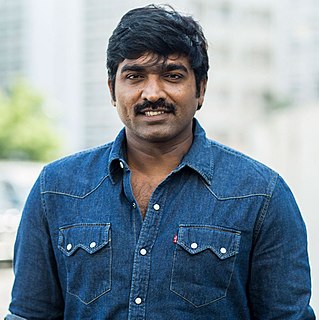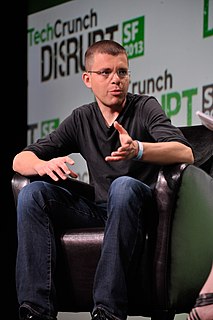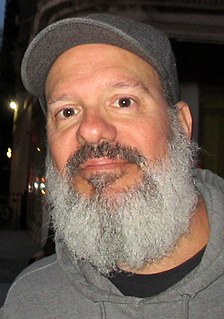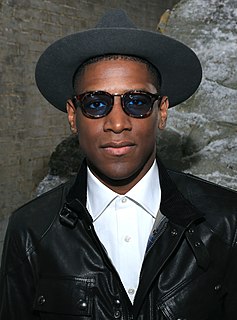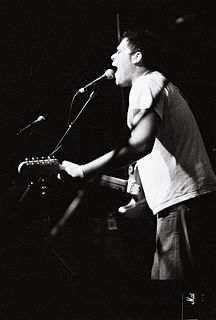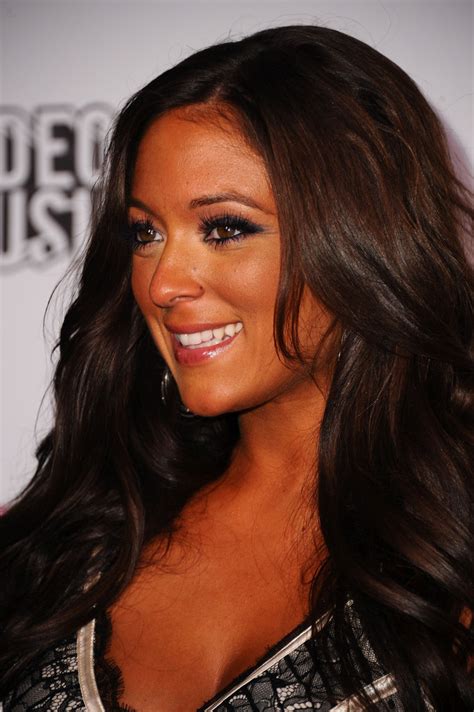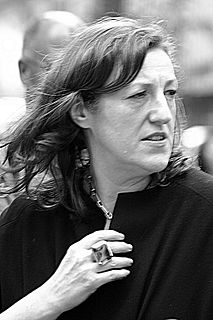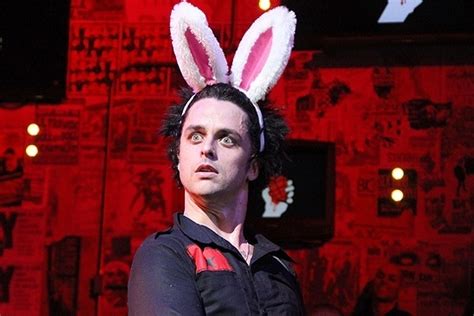A Quote by Vijay Sethupathi
I was active on Facebook for a while, responding to comments and thanking fans for their appreciation. But I found that the Facebook feed was numbing my emotions. I'd see an extraordinarily tragic news item, and even before I could react to it, see a hilarious meme right below it. This was confusing me.
Related Quotes
Today, I wanted to spend some time reading and responding to comments of fans on my Facebook page. Yes, there are great comments, but there are also a lot of people who are very opinionated and judgmental. So, initially, when I read these judgmental comments, I don't feel vulnerable, but rather I get defensive. But once I get past that anger, it sort of becomes hurt. It becomes pain.
Bands now are always trying to make their presence known through social networking and whatnot, but that's just the same as bands before the Internet age trying to connect with fans in some other way. But I don't follow people on Facebook, I think that's creepy. I wouldn't want them following me on Facebook. I don't even have a mailing list.
It's funny, now that we have Twitter and Facebook and stuff, you can really see how you affect fans. Before all that, fans couldn't tell you exactly how they feel, unless they came up after a show, and even then you can't stand there and talk to everybody in the audience. So it's nice to see people tweet me and say, "Your music has changed my life," or "I had my baby to your music," or "I got married to your music." I've heard so many things, and it's amazing to hear people's stories and how you affect their life.
We could not have launched Causes without Facebook Platform, providing real identity and real friends. Facebook Platform was created so that experiences that are inherently social in our off-line lives could be brought online as an authentic expression of who we are; Facebook did this best in revolutionizing photo sharing.
